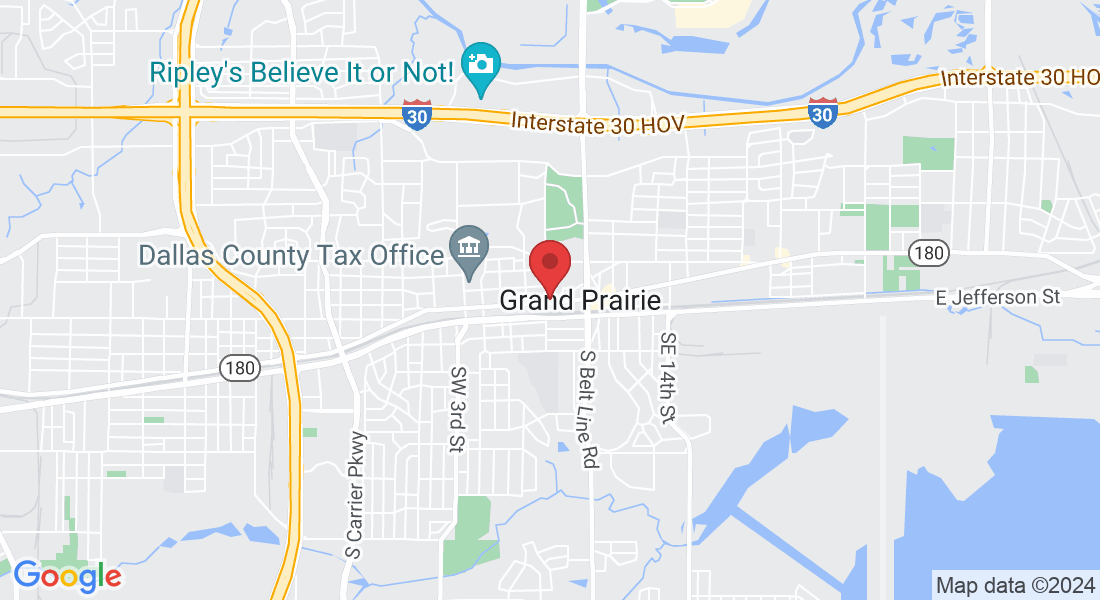Quality Roofing Every
Shingle Time
We Specialize in professional Roofing Services
Along with a range of other Skilled Trades
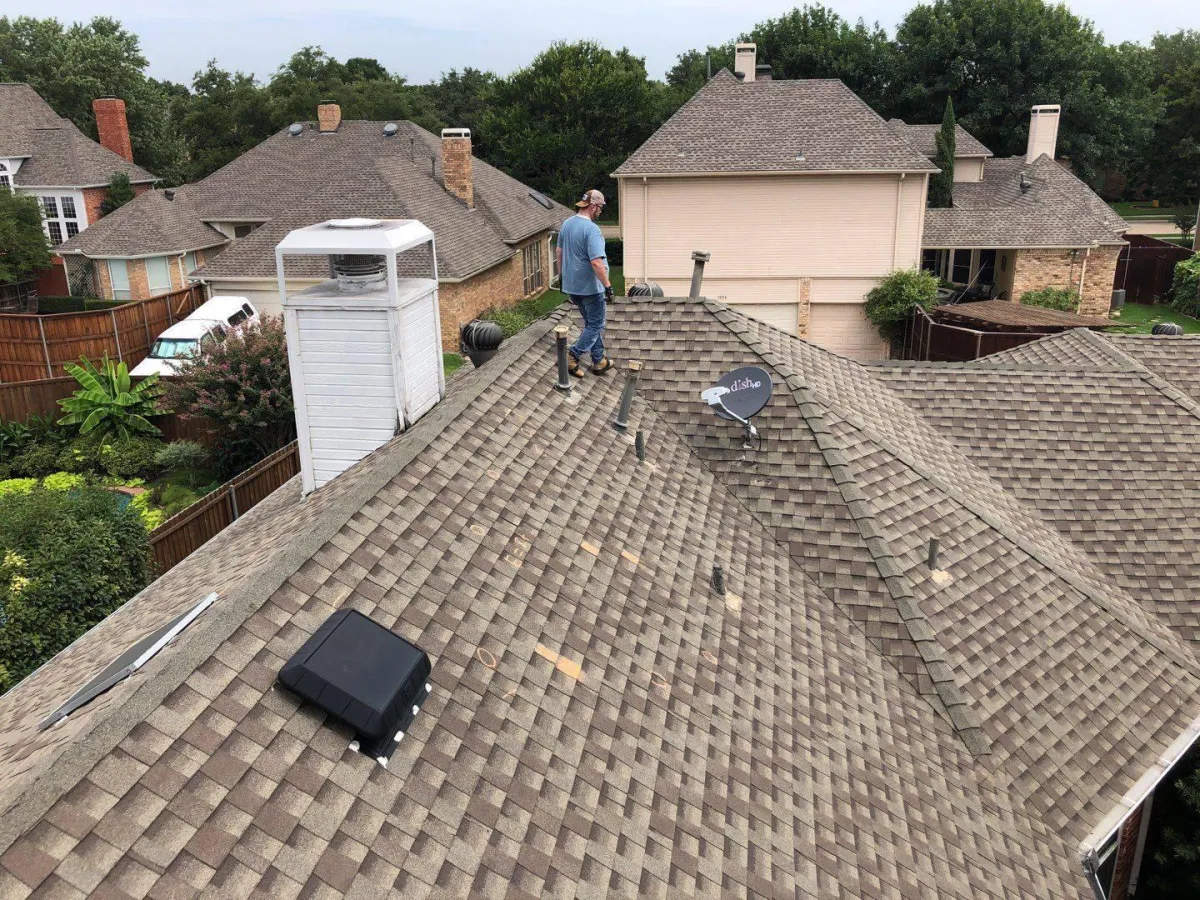
Welcome to 214 Roofing
When the time finally comes to repair or replace your roof, 214 Roofing in Grand Prairie Texas will provide you with peace of mind in knowing that the job will be completed correctly. Our dedication to superior logistics, knowledge, care and quality is a legacy that we go above and beyond to uphold—because it's our honor to ensure that your roofing project is a seamless, hassle-free and rewarding experience. Whether you are in need of a small repair or the complete construction of a new roof, we can design a system specific to your unique situation that is both cost effective and energy efficient.
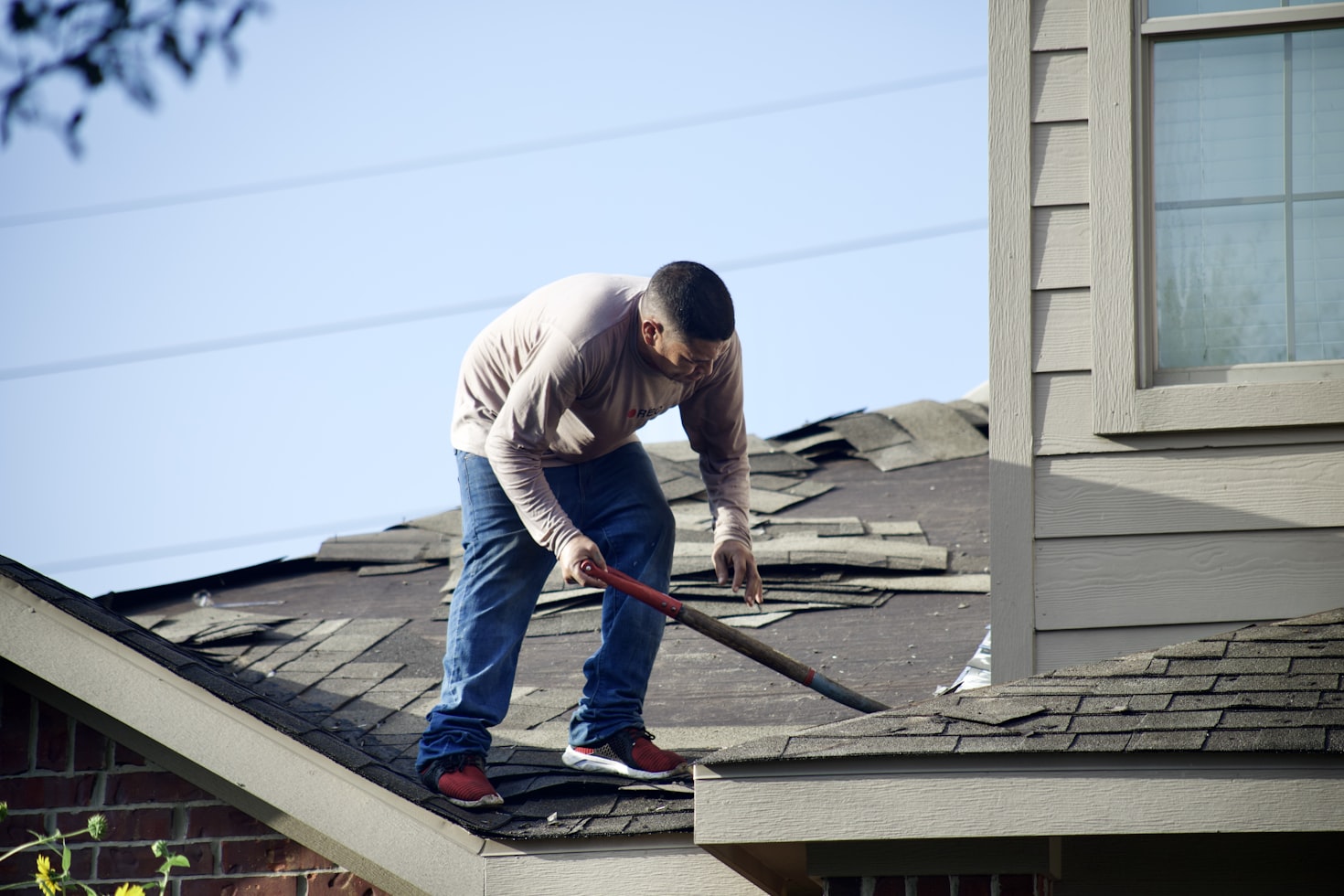
01
Roof Repairs
Regardless of the size or scope of your roofing system (be it residential or commercially scaled), it's always ideal to enlist the expertise of a proven roofing contractor when endeavoring to repair, replace, or "button-up" your property's roof. To that effect, our in-house roofing experts boast decades of roofing experience in affecting repairs, replacements, and maintenance.
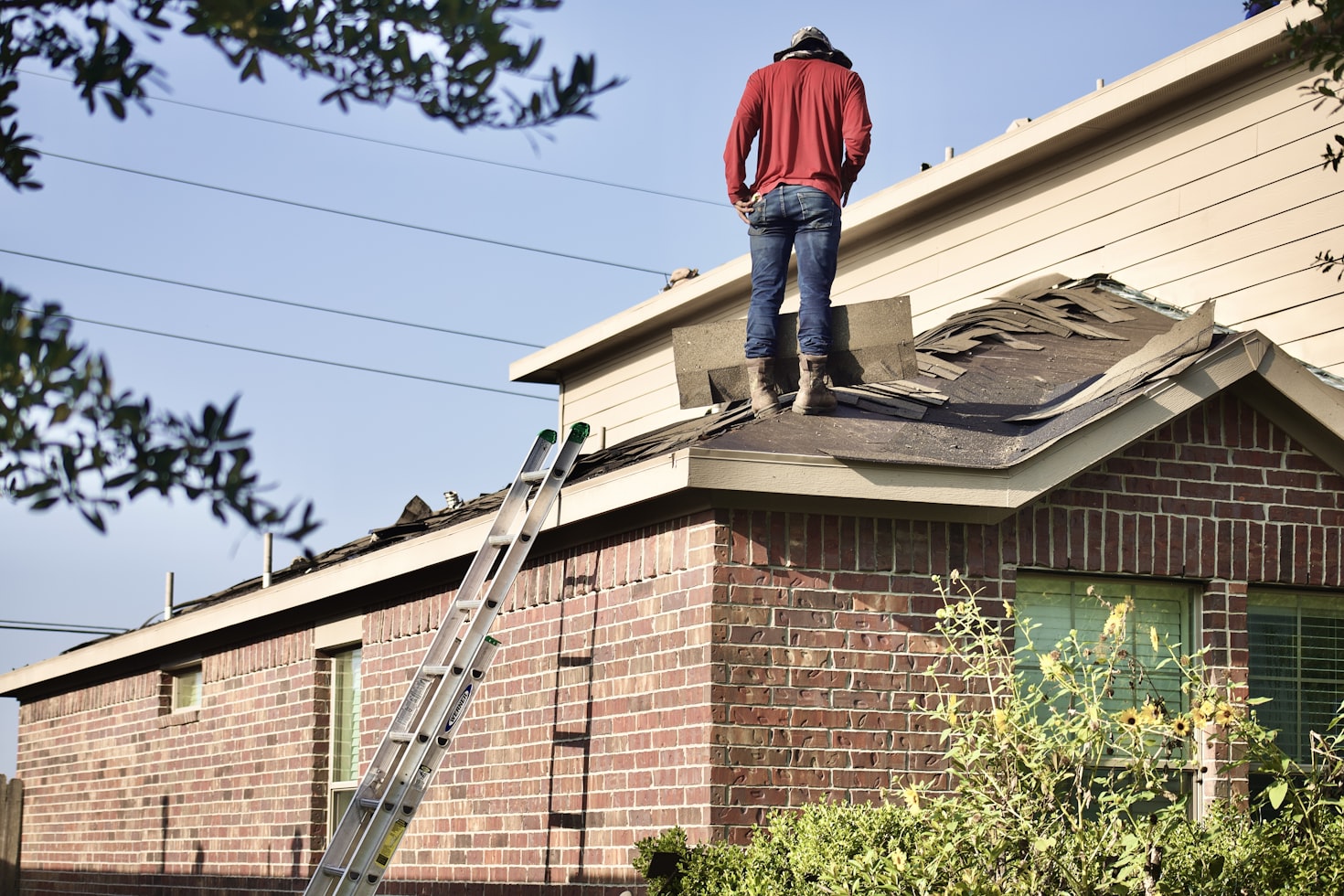
02
Roof Leaks
As many local property owners will attest to, having your structure's roofing system spring a leak can often spell disaster for a variety of reasons; chief among them being water damage to the interior and structural damage to framework/foundation. When faced with a leaking roof, we strongly recommend contacting our teams of roof-leak specialists at your earliest convenience.

03
Roof Inspection
Inspecting a roof can be initiated for a variety of reasons, such as potentially upgrading the roofing system or ensuring its safety and overall soundness in construction/installation. Either way, it usually pays in spades for the owner of the roofing system to be inspected to have said roofing inspections performed by a trusted roofing professional.
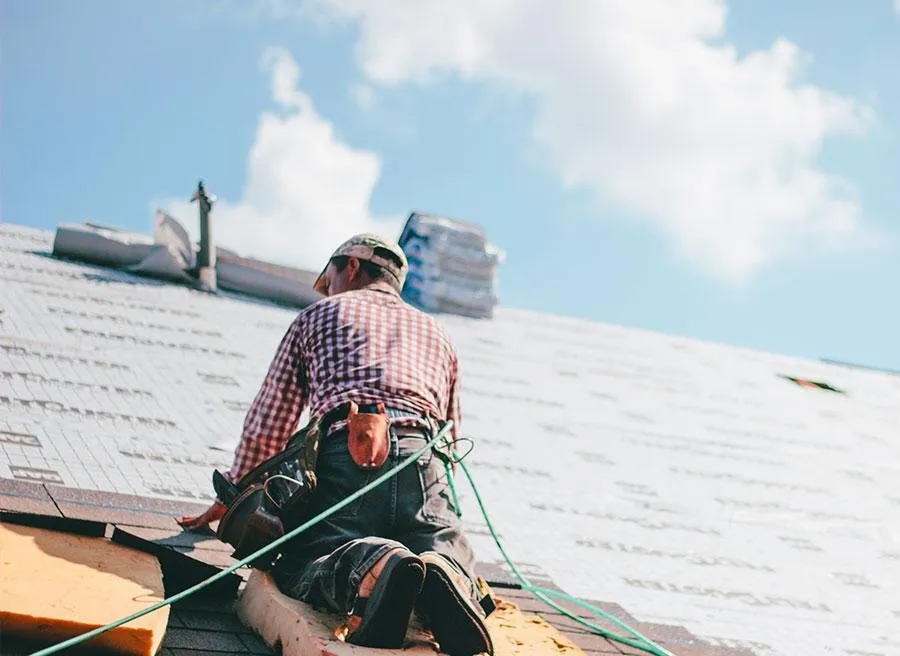
Why choose us for your all types of Roofing
We take pride in every roofing project we undertake and understand that our stellar reputation within our local Dallas – Fort Worth, Texas communities is a driving force towards our overall success. Furthermore, we are not willing to stake our reputation on a gamble, less-than quality services, or by potentially cutting corners to pad out our "bottom line." Every roofing system that we are responsible for installing, repairing, upgrading or maintaining is held to our lofty standards of choice materials, sound construction practices, and an above-standard quality in terms of service-efficiency and punctual project completion.
The type, size, or dimension of the roof we’re replacing, upgrading or repairing not-withstanding; you can safely rely on 214 Roofing to ensure your roofing system is installed or serviced properly as well as always up to code. If you have additional questions or would like to receive your cost-free roofing consultation, feel free to give Brenda a call at (214) 766-3464
Request a Quote
I Consent to Receive SMS Notifications, Alerts & Occasional Marketing Communication from company. Message frequency varies. Message & data rates may apply. Text HELP to (214) 766-3464 for assistance. You can reply STOP to unsubscribe at any time.
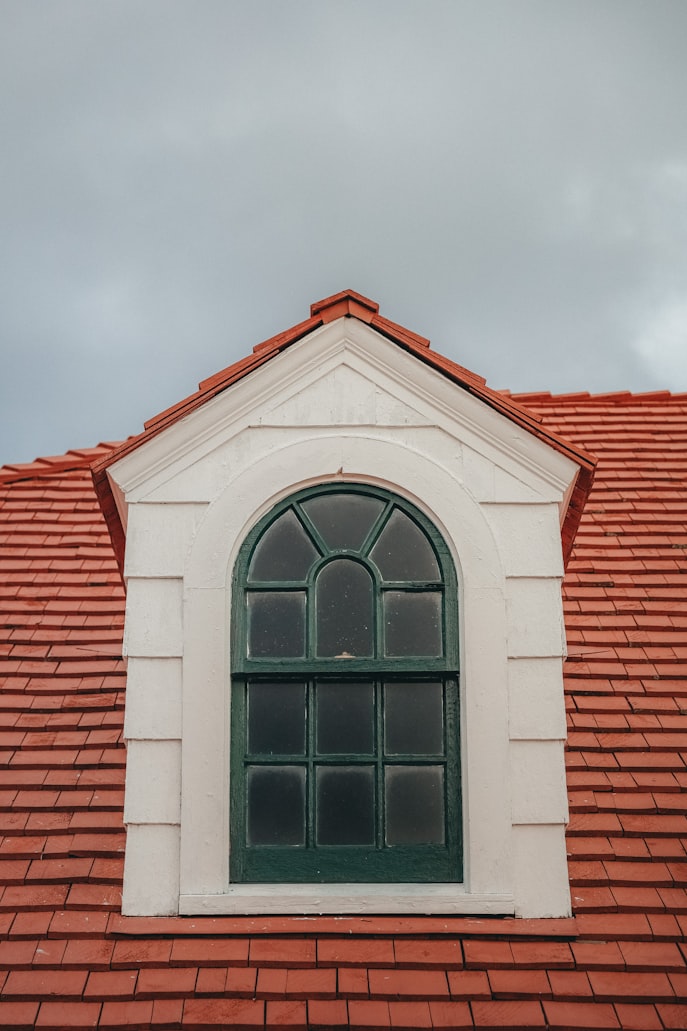
What our Valuable Customer Say
"I have rentals in the Arlington, TX area and this firm was recommended to me by my property manager. They did an excellent job and made the process very easy and seamless. Price was competitive, and work was professional and on-time. I would use them again."

Tom Benoit
Feedback
"It is such a pleasure to know a Roofing Company with such a knowledgeable and experienced employee is available to help. From the initial conversation through being here for the Insurance Adjustor, it has been remarkably easier than the first time we had the roof replaced."

Patricia Riley
Feedback
"Yep! I love this company for several reasons, but most importantly because those guys rock! By handling all of the calls, the paperwork and the hassle of dealing with the insurance company. They deal with all the haggling for coverage and so much more."

Charisse Fontaine
Feedback
5,705
Projects Completed
6,260
Cups Of Coffee
9,774
Happy Clients
Get In Touch
Assistance Hours
Mon – Fri 8:00am – 7:00pm
Saturday 8:00am - 5pm
Sunday 9:00am - 3:00pm
Phone Number:
(214) 766-3464

